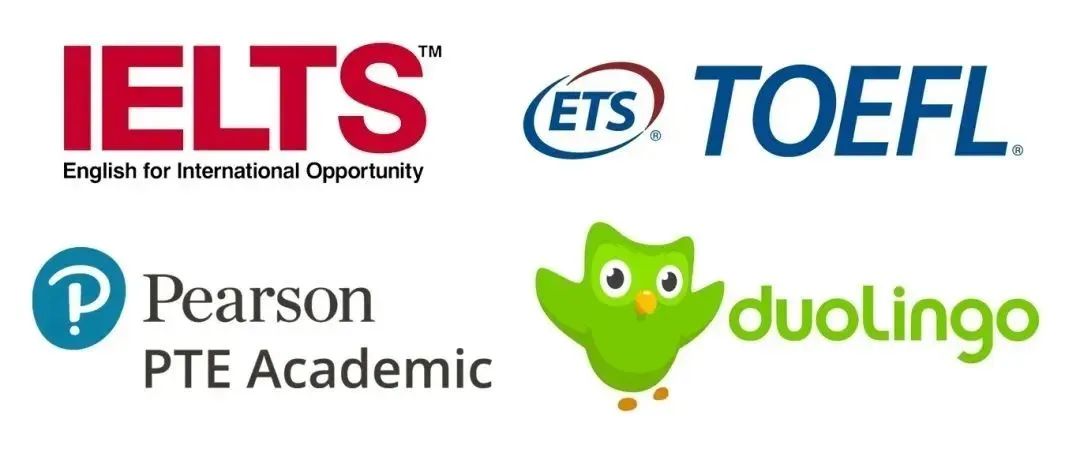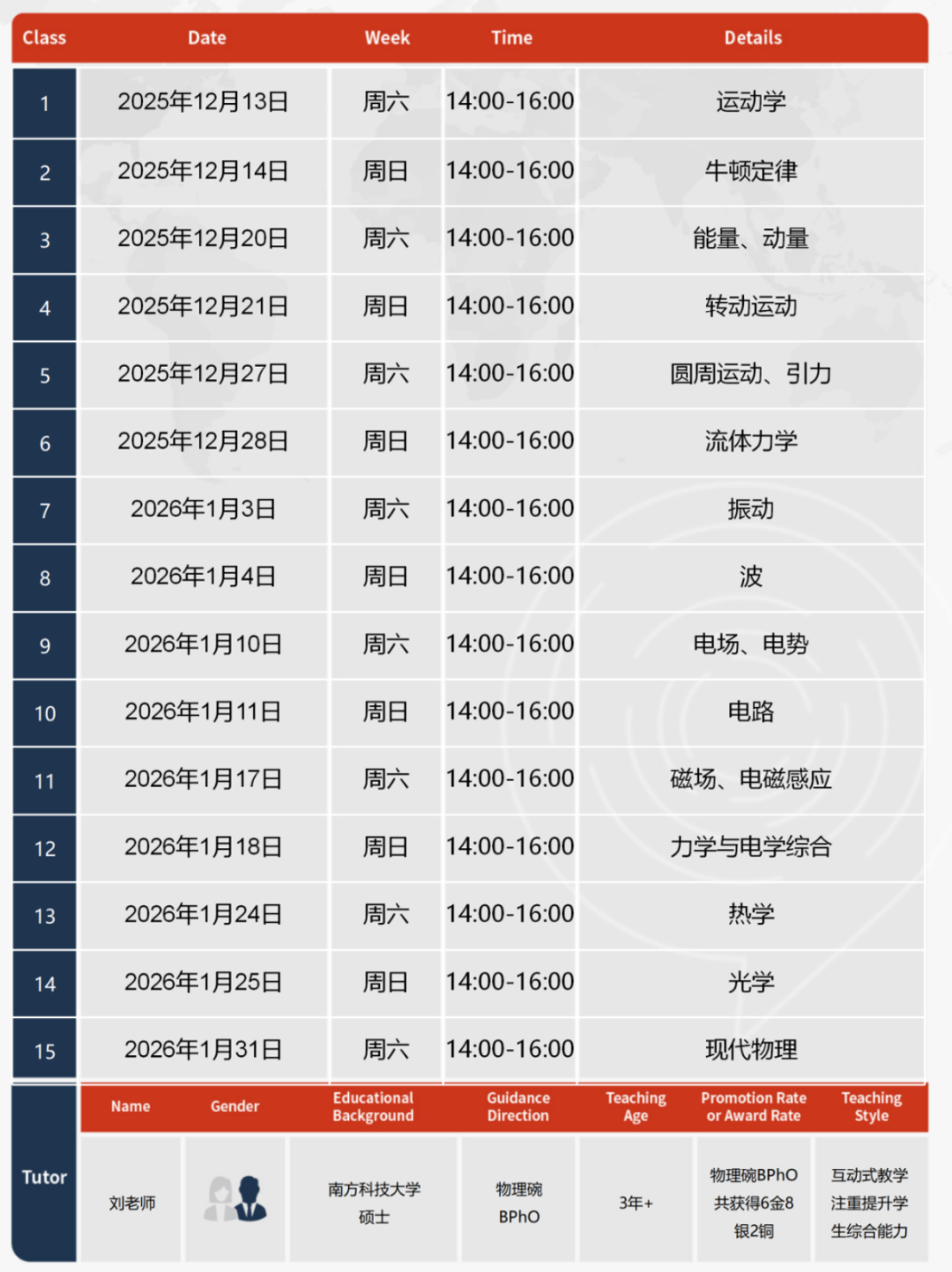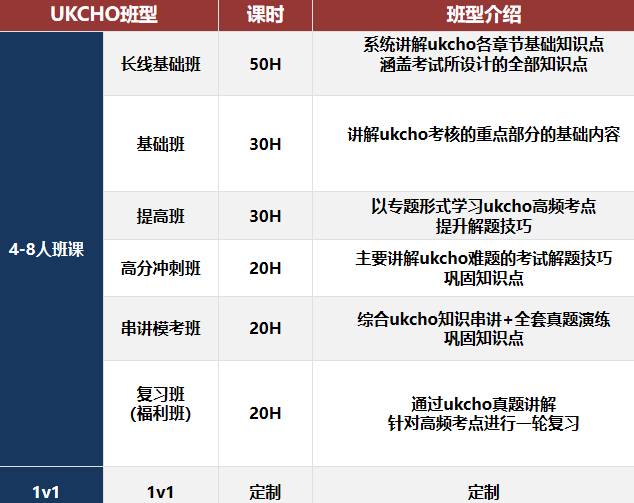本期为大家推荐爱丁堡大学、莫纳什大学2024最新奖学金介绍。
01、爱丁堡大学
Massively Parallel Interrogation of Insulin Receptor Function to Accelerate Diagnosis and Facilitate Translational Research
University of Edinburgh | BHF Centre for Cardiovascular Science
博导:Prof Robert Semple,Dr Grzegorz Kudla
截止日期:Sunday, March 17, 2024
资助的博士项目(全球学生)
项目描述:
About the Project Project Background
Increasing next generation sequencing (NGS) in diagnostic laboratories means that rare variants in disease genes such as the INSR gene, encoding the insulin receptor, are being discovered at a rapidly increasing rate. However our ability to distinguish loss-of-function variants from incidental benign variants has not kept pace with this, resulting is an exponential rise in reporting of “Variants of Unknown Significance” (VUS). A transformational approach known as multiplexed assays of variant effects (MAVE) now allows assessment of up to tens of thousands of variants in a single experiment [2]. For the INSR gene, this can accelerate diagnosis of genetic severe insulin resistance, can identify gene variants to target with novel ligands as candidate treatments, and can inform on structure-function relationships for the receptor. MAVEs have been enabled by development of methods to engineer large numbers of variants and to quantify their function through NGS coupled to high throughput disease-relevant assays. MAVEs reduce experimental costs and capture variants from all ethnic backgrounds, while pooling and parallel analysis of large numbers of variants, with multiple replicates and under the same conditions minimises noise.
Project Workplan and Aims
A successful MAVE has been developed for the extracellular INSR, based on an established nicking mutagenesis strategy to construct a barcoded variant library in plasmids [3]. This has allowed study of effects of 15,000 variants on receptor expression, insulin binding and peak signalling and has optimised the whole wet bench and informatic workflow. In this project this will be adapted to undertake systematic mutagenesis and study of the crucial intracellular domain of the receptor, and functional studies of new and old variant libraries will be extended significantly to investigate ligand dose responses, recycling kinetics and different downstream signalling pathways.
The established approach to be used employs a large pool of primers including “NNS” codons for all wild type codons. Primers will be used in a nicking mutagenesis strategy to construct a barcoded variant library in plasmids [3] with long read sequencing to phase barcodes and mutations. Variant libraries will be delivered to cells via a high efficiency landing pad incorporated in the genome by lentivirus. Resulting cells will be selected and stored, before a raft of insulin receptor function assays are used. Barcode sequencing will be used to count every occurrence of every mutation in different phenotypic groups, allowing stratification of the whole mutational library by functional effect. Candidate treatments will also be tested on the library and assessed similarly.
MAVE performance will be assessed against published variant effect predictors(VEPs) [4], comparing strategies to fill in experimental gaps. This will use a novel approach that exploits the high correlation between VEPs and MAVEs, while investigating whether variant-level quality score thresholds can be established, below which imputation is preferable to using low quality experimental data. Data will be integrated into a searchable online database, with tools for visualisation of variant effect maps, using generalisable platforms currently being developed. This will align with guidelines for release of VEPs, and recommendations regarding sharing of training data and code.
Project-specific training/experience will be provided in:
-
Rare disease genetics, monogenic metabolic disease, and clinical translation
-
Cutting edge insulin signalling assays
-
Analysis of long and short read next generation sequencing data, and associated computation
-
State-of-the-art variant effect prediction strategies, protein language models, and supervised machine learning techniques. This will enable comparison with experimental MAVE data, and integration of MAVE measurements into tailored predictive models of variant effects.
What we are looking for: Candidates will be motivated students wishing to develop a career in one or more of functional genomics, precision medicine or metabolic disease genetics. Applicants will have a BSc (Hons) degree (First or Upper Second class or equivalent) or a Masters qualification (Distinction or Merit) in the biomedical sciences., including (bio)informatics, computational science and related disciplines. Previous research experience is desirable.
We encourage applications from non-traditional backgrounds and those from under-represented groups. The University of Edinburgh holds a Silver Athena SWAN award in recognition of our commitment to advance gender equality in higher education. We are members of the Race Equality Charter and we are also Stonewall Scotland Diversity Champions, actively promoting LGBT equality.
Funding Notes: A tax-free stipend pegged to the UKRI rate (£18,622 pa in 2023/24) and tuition fees are provided. Scholarships are available for those classed as International Students (EU and rest of the world). Please verify your fee status with the University's Registry before making your application and consider the potential for visa costs at the outset. Please note: If successful, International Students will need to apply for a visa within UK government guidelines and be able to cover National Health Service surcharges.
Enquiries are welcome to Prof Robert Semple (rsemple@ed.ac.uk)
Application: Please include a one-page personal statement highlighting your motivation for applying for this project, and the skills and experience to date that make you well suited to it. Please also submit your CV and two academic references. All documents should be sent or emailed to:Lynn.Meikle@ed.ac.uk
02、莫纳什大学
PhD Position: Discovery and characterization of novel prophages within human gut microbiome
Monash University |School of Biological Sciences
博导:Prof Jeremy Barr截止日期:全年可申
资助的博士项目(全球学生)
项目描述:About the Project
A PhD position is available to work withA/Prof. Jeremy J Barrat Monash University, School of Biological Sciences, in Melbourne, Australia. We are looking for a motivated and enthusiastic PhD student with an interest in microbiology to start in 2024. The successful candidate will be fully funded for 3.5 years with an annual tax-free stipend of approximately $32,000 AUD, which includes tuition and medical cover. Both Australian/NZ domestic and international students are eligible to apply. To learn more, visitthebarrlab.org
Project details
The human gut microbiome consists of highly abundant and diverse microorganisms, along with the viruses that infect them. Gut bacterial viruses–known as bacteriophages–are known to shape the gut microbial community to impact both health and disease states. Prophages, which are resident temperate phage integrated within the bacterial genome, are particularly abundant and can constitute up to of 20% of the host genome. Recent work from our lab (Dahlman et al., bioRxiv 2023, doi:10.1101/2023.08.17.553642) has revealed that temperate gut phages are prevalent, diverse, yet predominantly inactive. As such, the identity, function, and activity of these prophages remains poorly understood.
This PhD project will lead experimental and bioinformatic work to discovery novel temperate phages within human gut bacterial isolates. We will then characterize the genomes, molecular biology, andin vitroactivity of temperate phages along with their respective bacterial hosts. This project is highly interdisciplinary and the successful applicant will develop and apply skills in microbiology, bioinformatics, sequencing, anaerobic assays, and molecular techniques.
Monash and the School of Biological Sciences
Monash University is a member of Australia’s Group of Eight coalition and is internationally recognized for excellence in research and teaching. The School of Biological Sciences is a dynamic unit with strengths in ecology, genetics, evolutionary biology, and microbiology. The university is in Melbourne, Australia, which has been named as the world’s third most liveable city.
How to apply
Applicants must hold a Bachelor’s or Master’s degree with High Distinction grades (more information can be foundhere). Further, applicants are required to have completed minimum of three-months full time research (or equivalent). The ideal applicant will have experience in microbiology and genetics or bioinformatics.
To apply, please send a CV, academic transcript, and a brief outline of your research experiences and interest in the position tojeremy.barr@monash.edu. All applicants will be reviewed. You will only be contacted if you short-listed for the position.














